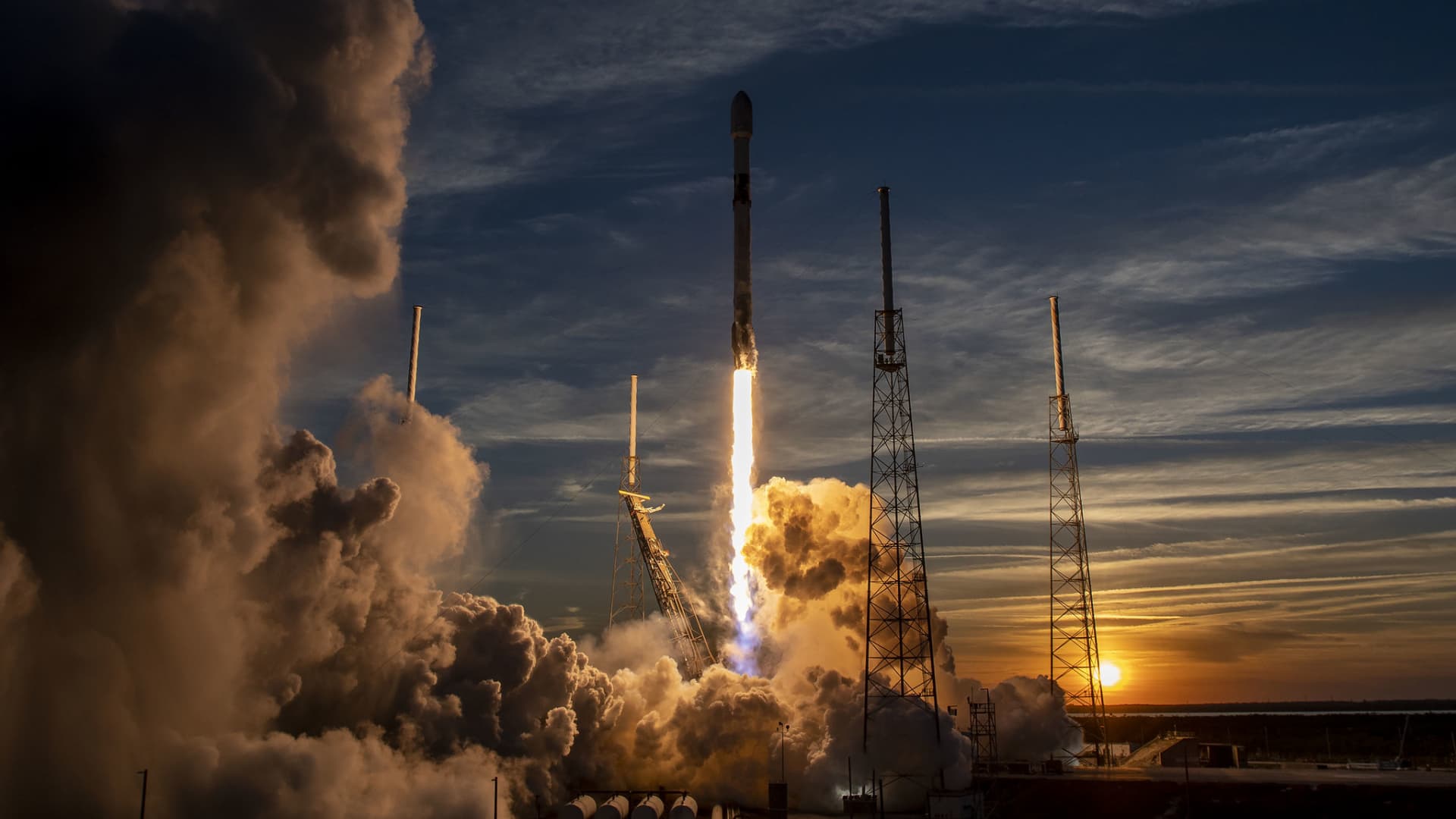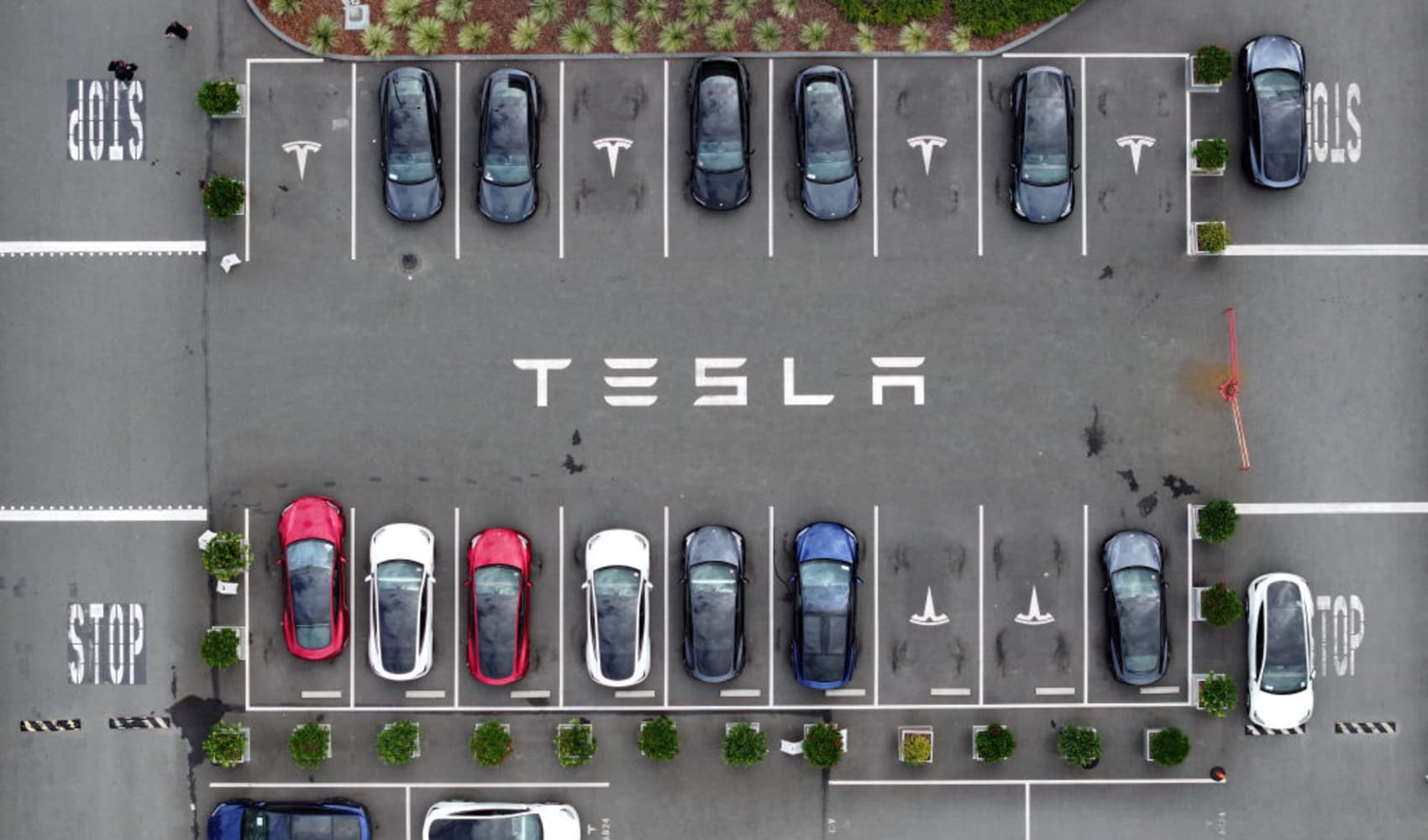
- Elon Musk's SpaceX launched the first batch of its next-generation Starlink internet satellites.
- A Falcon 9 rocket carried 21 of the satellites, known as "V2 Mini" satellites, into orbit.
- The company said the V2 Mini satellites add about four times as much network capacity per satellite compared with prior iterations.

Elon Musk's SpaceX has launched the first batch of its next-generation Starlink internet satellites as the company upgrades and further builds out its orbiting network.
A Falcon 9 rocket carried 21 of the satellites, known as "V2 Mini" satellites, into orbit on Monday. The satellites represent the first iteration of Starlink's "Gen2" plans, which the Federal Communications Commission authorized in December.
Get New England news, weather forecasts and entertainment stories to your inbox. Sign up for NECN newsletters.
Musk shared a video of the V2 Mini satellites releasing from the rocket into orbit. While launches of the company's first-generation models carried about 50 to 60 satellites at a time, the new spacecraft are larger and heavier than before, meaning each Falcon 9 launch carries fewer satellites. The company plans to eventually use its Starship rocket, which is in development, for future second-generation Starlink missions.
Before the launch, SpaceX highlighted the improved capabilities of the V2 Minis, such as "more powerful phased array antennas" and "new argon Hall thrusters" for maneuvering in orbit. The company said the V2 Mini satellites add about four times as much network capacity per satellite compared with prior iterations.
Notably, Monday also represented the 100th consecutive occasion that SpaceX has successfully attempted and landed a Falcon 9 rocket booster after a launch — a streak dating back to Feb. 16, 2021. The company is conducting orbital rocket launches at an unprecedented rate, with a mission about every four days on average in 2023.
Money Report
Sign up here to receive weekly editions of CNBC's Investing in Space newsletter.
The company has launched about 4,000 Starlink satellites to date, with its network reaching 1 million subscribers in December across a variety of product offerings — with services for residential, business, RV, maritime and aviation customers.
Last week, SpaceX adjusted the pricing of its residential Starlink service based on capacity demands.






